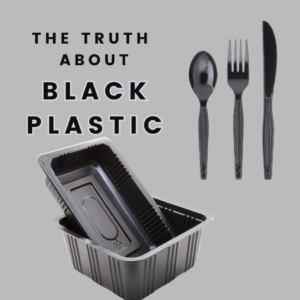On Tuesday, February 14th, the Environment and Natural Resources Finance and Policy Committee of the Minnesota House will take up HF1315. The bill sets much-needed standards for compostable labeling.
The Minnesota Composting Council is leading efforts to advance this issue and Eureka provided written testimony in support of the legislation.
Eureka has a long history with composting. We piloted and launched the first commercial composting collection program for restaurants in Minneapolis, and ran a residential pilot project in Saint Paul to explore best practices for residential composting collection. Both projects relied on commercial composting sites in Minnesota and required the education of residents about the confusing array of mislabeled products claiming composability. A strong and effective composting infrastructure across the state is a key component to a zero waste future, and mislabeled products are a threat to that.
Food waste is a significant and problematic portion of our waste stream. In a landfill, it generates methane – a greenhouse gas 25 times as potent as CO2 – and contributes to the release of dioxins in energy-intensive incinerators. Compostable food-service products can make food waste diversion more efficient and successful for residents. However, if those products are not actually compostable and do not completely break down they leave behind microplastics, PFAS, and other problematic toxins in the soil. To fully realize the benefits of composting, the end product needs to be clean, healthy, and usable for food production and erosion control. A composting system cannot work if it is contaminated by mislabeled and greenwashed products.
HF1315 provides much-needed standards for compostable product labeling, which will:
- Reduce operational costs for composters
- Reduce confusion of food establishments that accidentally buy misleading products from manufacturers, distributors, and wholesalers.
- Reduce confusion for residents participating in organics recycling programs.
- Support compostable product manufacturers in the State, and elsewhere, who already clearly label products.
Share this story
Facebook
Twitter
LinkedIn
Pinterest
Email
More from Eureka

Tour Eureka Recycling’s Upgraded Facility on May 31!
May 19, 2025
No Comments
Ever wondered what happens to your recyclables after they leave your curb? Join us at Eureka Recycling’s Community Tour Day

Eureka Recycling Celebrates 20 Years and Facility Upgrade
April 21, 2025
No Comments
This Earth Day, we are proud to celebrate two major milestones:two decades of pioneering mission-driven materials processing and the launch

Ditching Black Plastic
April 10, 2025
No Comments
Black plastics are bad news. They’re toxic, and they’re not recyclable. So why are we still using them for

We Need Action on Electronic Waste
March 5, 2025
No Comments
Residents across Minnesota need free and equitable access to electronics and battery recycling. Take Action Now. Legislation enacted in 2007
